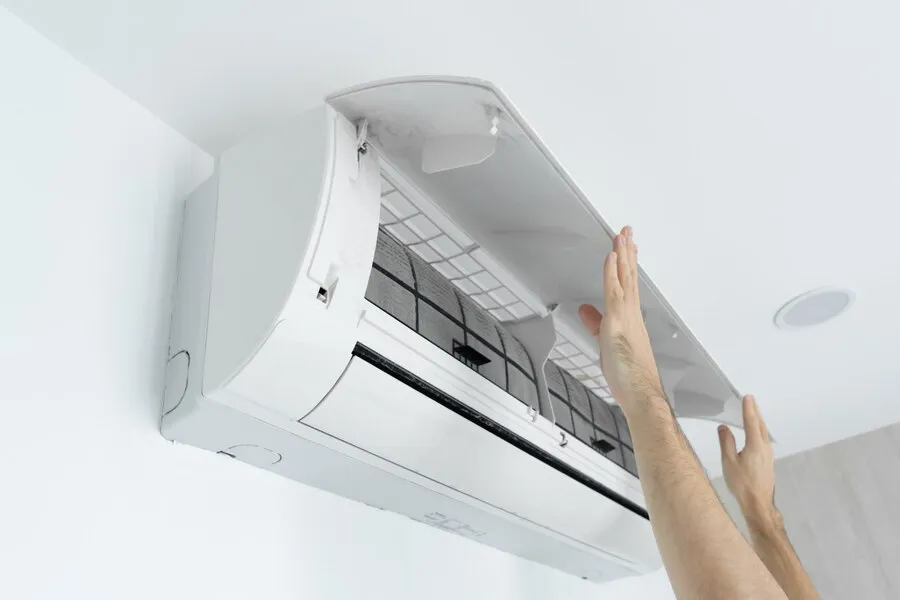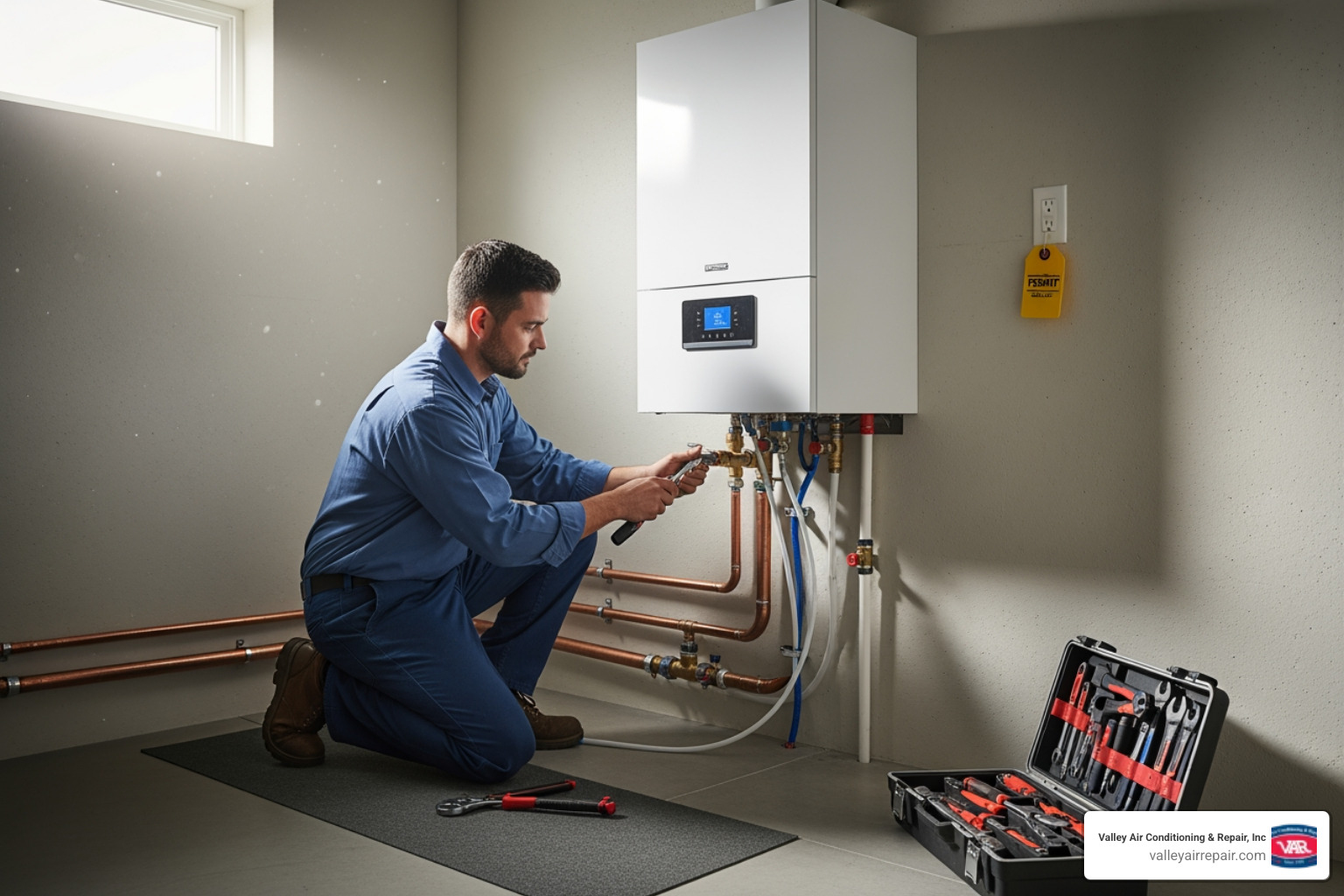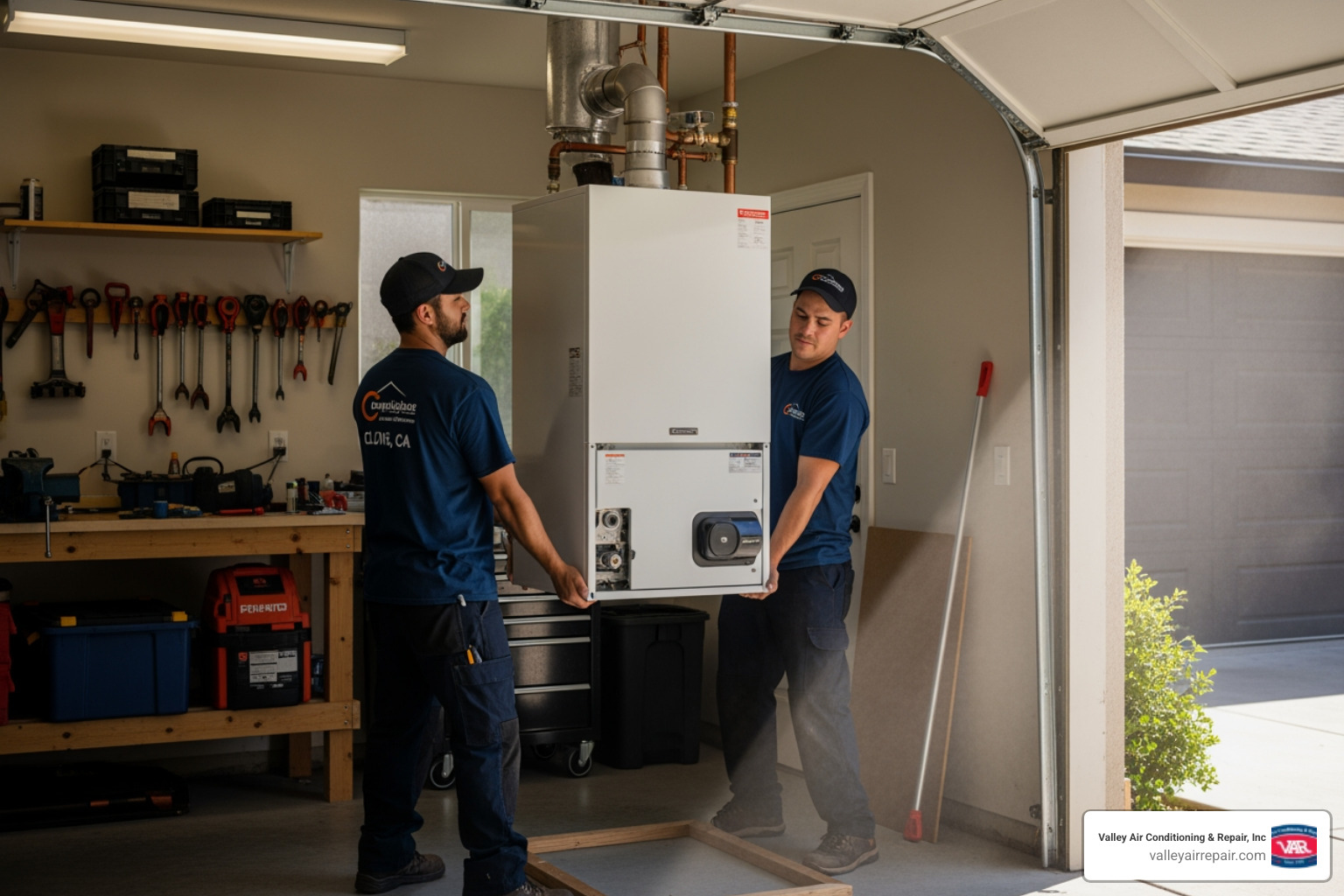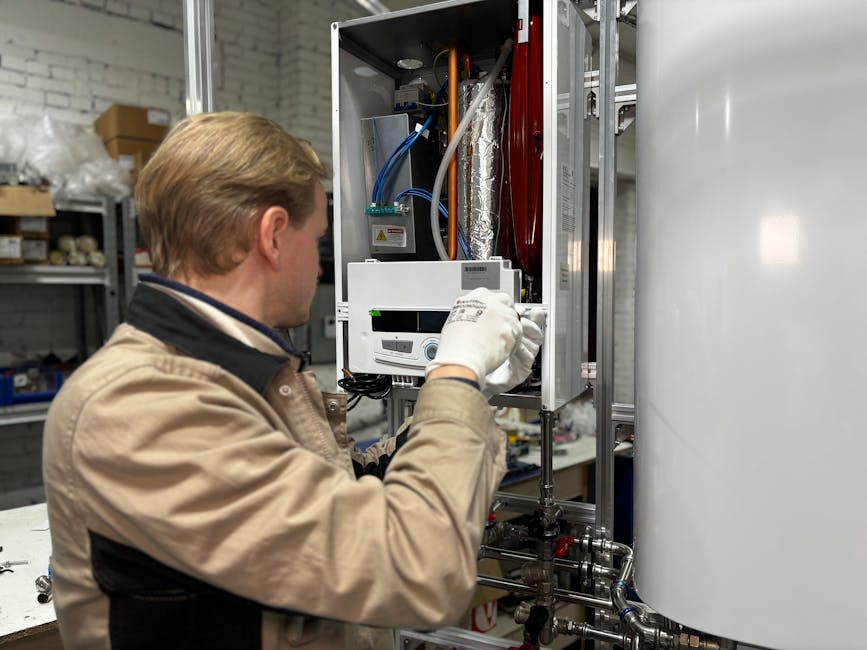Reasons Your AC Is Making a Grinding Noise in Parlier

A loud grinding noise coming from your AC is one of those problems that’s hard to ignore. Unlike a soft rattle or a faint hum, grinding sounds tend to be persistent, aggressive, and alarming. If you're a homeowner in Sanger and your cooling system has suddenly started making harsh noises, you’re right to be concerned—it’s usually a sign something isn't working as it should.
Grinding noises from an AC aren't just annoying. They often signal a deeper issue that could lead to bigger problems if ignored. Whether the root cause is a mechanical wear problem or a part that's out of place, understanding what's behind the sound can help you know when it's time to take action. Here are some of the most common reasons your AC might be making that grinding noise and what you can do about it.
Worn-Out Motor Bearings
One common source of grinding sounds is worn-out motor bearings. These small but important parts help your blower motor rotate smoothly. When the bearings begin to wear down, the result is often a noticeable grinding or scraping sound. If ignored, this kind of wear can lead to more severe motor damage, and in some cases, total system failure.
Here are some signs that motor bearings might be the cause:
- You hear the grinding noise as soon as the fan starts running
- The sound gets louder the longer the unit runs
- Airflow from your vents seems weaker than usual
If caught early, lubricating the bearings might help reduce the noise temporarily. Lubrication is not a long-term solution when bearings are already degraded. This is where regular maintenance helps. Routine servicing includes inspecting and cleaning internal components, which helps spot worn bearings before they cause broader damage. It also gives our technicians an opportunity to recommend needed replacements so you don’t find yourself with a bigger problem during the hottest stretch of summer.
Take the example of a homeowner in Sanger whose AC started making a loud grinding sound at night. When our technician investigated, they found the blower motor bearings nearly seized, which could have caused total system shutdown if left for another day. Choosing to act fast not only brought back quiet operation but also avoided a more expensive fix.
Debris or Obstructions in the Fan Blades
Another typical cause of grinding noises is obstruction in or around the fan blades. The outdoor unit can collect leaves, twigs, dirt, or even nests built during periods of inactivity. When the fan turns on, these materials can get caught in the blades, causing friction and that unmistakable grinding sound.
To reduce the chances of this happening:
1. Check that the space around your outdoor unit is clear of bushes, trash, or other obstructions. This includes keeping a 2 to 3 foot clearance around the unit.
2. Remove large items like leaves and sticks from the area regularly.
3. Do a quick visual check of the fan blades before turning on your unit for the first time each season.
If the grinding persists even after clearing debris, it's possible that the obstruction has bent a fan blade or caused further internal damage. When that’s the case, a more detailed inspection may be needed to avoid long-term wear. Keeping the outdoor unit clean not only helps reduce noise but also supports more efficient airflow.
Fan blade issues are easy to overlook but can quickly snowball into larger failures if ignored. That’s why small checks throughout the season can help preserve the health of your system.
Loose or Damaged Components
Over time, numerous components in an AC can shift, crack, or come loose due to regular use. Anything from a belt that’s slipped out of place to a screw shaking free can create grinding noises when the unit is running. Components under heavy strain, like the blower wheel or motor mount, are especially prone to these problems.
The challenge is that loose parts often don’t cause other clear symptoms. They don’t always affect cooling performance right away, which makes it easy to ignore the noise until a part gives out.
Some signs your system might be dealing with a loose or damaged component include:
- Irregular or vibrating sounds during operation
- Rhythmic grinding that seems timed with the fan or motor activity
- Visible wear or shifting parts when looking inside the unit housing
In these cases, it's best to schedule a detailed equipment inspection with our trained technicians. Spotting the loose component quickly can save money and time, and ensure a smooth-running system through the peak of summer in Sanger. Regular inspections also help avoid these kinds of mechanical surprises altogether.
Compressor Problems That Shouldn't Be Ignored
When the compressor starts making a grinding noise, it's usually a sign of internal trouble. The compressor handles the heavy lifting of moving refrigerant through your AC system, and when something is off inside—such as metal parts scraping together or a bearing beginning to fail—it can create metal-on-metal grinding that’s hard to miss.
Grinding from the compressor often sounds deeper and more constant than other kinds of noises. Unlike intermittent sounds caused by debris or loose screws, this one can start as a low growl and build up over time. You might also notice the AC isn't cooling as well or it cycles on and off more than usual. That’s because a compromised compressor directly impacts how efficiently the system can run.
Ignoring these symptoms can lead to far more severe damage, especially during peak summer months in Sanger when your AC is running constantly. In some cases, the unit will shut down to prevent further damage. By then, you might be facing a full replacement.
If your unit is older or you've skipped recent servicing, compressor wear becomes more likely. Catching it early with a professional inspection can help keep repair costs down and reduce the risk of system failure.
Why an AC Tune-Up in Sanger Makes a Difference
Annual maintenance does more than clean out dust or check filters. A proper AC tune-up in Sanger helps identify problems that haven't turned into full-blown breakdowns yet. That includes spotting worn motor parts, refrigerant level imbalances, fan issues, and electrical problems early.
A typical tune-up will include:
- Checking the motor and compressor for early signs of wear
- Tightening electrical connections and lubricating moving parts
- Cleaning coils and ensuring the refrigerant charge is correct
- Testing system controls and calibrating the thermostat
When done consistently, this process helps keep the unit running quietly and efficiently—especially in the summer when demand is highest. It also prevents the very noises that can stress out homeowners when they start without warning.
We’ve seen homeowners in Sanger go from daily grinding noises and inconsistent cooling to smooth, quiet performance after staying on top of routine maintenance. Just one thorough check can extend the life of your system and improve comfort inside your home.
Keeping Noise Levels Down and Comfort Up
Grinding noises from your AC system usually mean something inside isn't working the way it should. Whether it's a worn motor bearing, a loose screw, or an issue deep within the compressor, taking quick action helps avoid long-term damage and restores comfort faster.
Any part of the cooling system that’s under strain can begin to fail without making an obvious impact—until one day, you’re dealing with more than just a sound. And with peak temperatures in Sanger, it’s never a good idea to wait and see if the problem goes away.
The good news is that many of these problems are preventable. Regular care, like an AC tune-up, gives your cooling system the attention it needs to keep issues like grinding noises from developing. It’s easier and often less costly to fix a small issue found during a tune-up than to deal with a system failure in the middle of summer.
Peace of mind doesn’t come from guessing what a noise might be. It comes from knowing your equipment has been checked thoroughly and kept in working order. Keeping your AC quiet and reliable starts with staying proactive, even when things seem to be running fine on the surface.
If your AC is making disruptive grinding noises in your Sanger home, scheduling an AC tune-up in Sanger can help identify issues early and prevent more serious problems down the line. Valley Air Conditioning & Repair, Inc. understands that timely, preventative maintenance can make all the difference in keeping your system running quietly and efficiently. For a quick estimate or to book a service visit, please contact us today.




.webp)









